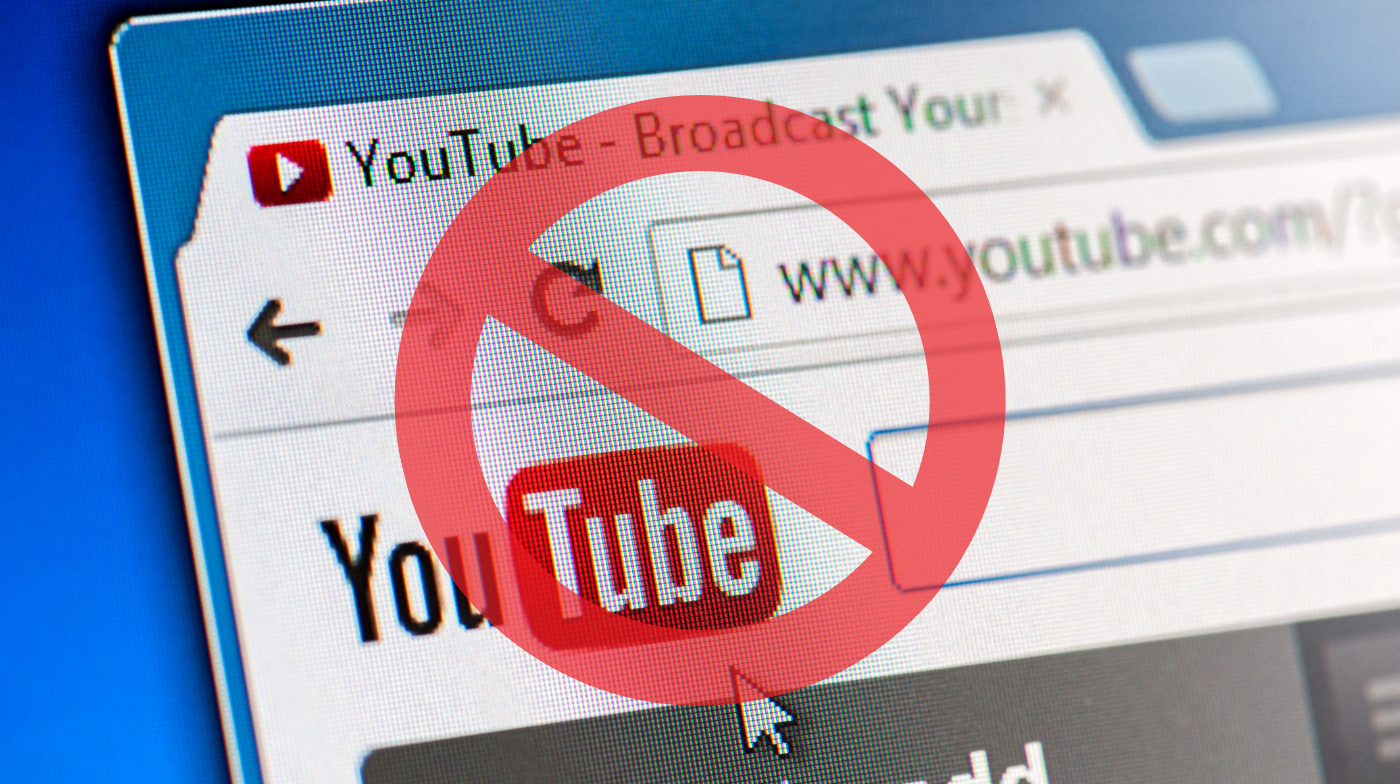Govt tells YouTube, Twitter to block links of BBC documentary on 2002 Gujarat riots

The action has reportedly been taken using the Ministry of Information and Broadcasting's emergency powers under the controversial IT Rules, 2021.
TCN News
NEW DELHI — The Union government has directed YouTube and Twitter to remove links to the BBC’s documentary revisiting Prime Minister Narendra Modi’s role in the 2002 Gujarat riots, The Indian Express reported.
The two platforms have reportedly agreed to take this action.
The first part of the documentary, released on January 17, alleged that Modi – then the chief minister of Gujarat – prevented the police from acting to prevent the violence. The Indian government, however, refuted the allegations and alleged that the film pushed a discredited narrative. The External Affairs Ministry called the documentary a “propaganda piece” that lacks objectivity and reflects a colonial mindset.
While the documentary was not made available in India by BBC, some YouTube channels appeared to have uploaded it.
Several tweets and video links posting the documentary, “India: The Modi Question”, have been removed, The Wire reported.
Trinamool Congress MP Derek O’Brien tweeted that his tweet sharing a link to the documentary had been removed by Twitter. The notice he received from Twitter confirmed that his tweet was removed based on a request from the Indian government.
https://twitter.com/derekobrienmp/status/1616669755938852864?s=20&t=Lv3GnWcbAMbg3eoTDrx-Lw
According to the Indian Express, the Ministry of Information and Broadcasting has directed YouTube to block multiple videos which had contained episode 1 of the BBC documentary (only one episode has been released so far). In addition, Twitter was told to block over 50 tweets that contained links to these videos, sources told the newspaper.
As per reports, this action has reportedly been taken using the ministry’s emergency powers under the controversial IT Rules, 2021.
The Indian Express said that the documentary had been looked at by senior officials from multiple ministries, who found it to be “undermining sovereignty and integrity of India, and having the potential to adversely impact India’s friendly relations with foreign states”, which allows the Centre to invoke the emergency powers under the IT Rules, 2021.
YouTube has also been instructed to block the video if it is again uploaded on its platform, NDTV reported.
What is the documentary about
BBC's two-part documentary ‘India: The Modi Question,’ looks at “the tensions between Prime Minister Modi and the country’s Muslim minority”, as well as “investigating claims” concerning his role in the large-scale communal violence that erupted in Gujarat in the months of February and March, in 2002, that left “over a thousand dead.”
Notably, the documentary cites a hitherto unseen UK government inquiry report which says that “Narendra Modi is directly responsible”. Former foreign secretary Jack Straw (2001-2006) says in the film that the British team “produced a very thorough report.”
In an interview with The Wire, the former UK foreign minister Jack Straw confirmed the existence of a UK report that held 'Modi directly responsible for 2002 riots.'
Straw said that “the allegation and belief at the time (2002)” was, as the British High Commission report put it, “Narendra Modi met senior police officers on the 27th of February and ordered them not to intervene in the rioting”.
Earlier, British Prime Minister Rishi Sunak spoke of the documentary in parliament on Friday, appearing to defend Modi.
“Mr Speaker, the UK government’s position on this has been clear and long-standing and hasn’t changed. Of course, we don’t tolerate persecution where it appears anywhere but I am not sure I agree at all with the characterisation that the honourable gentleman has put forward,” he said.
On Thursday, India’s foreign ministry spokesperson Arindam Bagchi said that the government thinks “this is a propaganda piece designed to push a particular discredited narrative.”
“The bias, the lack of objectivity, and frankly a continuing colonial mindset, is blatantly visible,” he added.
BBC has stood by its documentary, noting "the documentary was rigorously researched according to the highest editorial standards."
